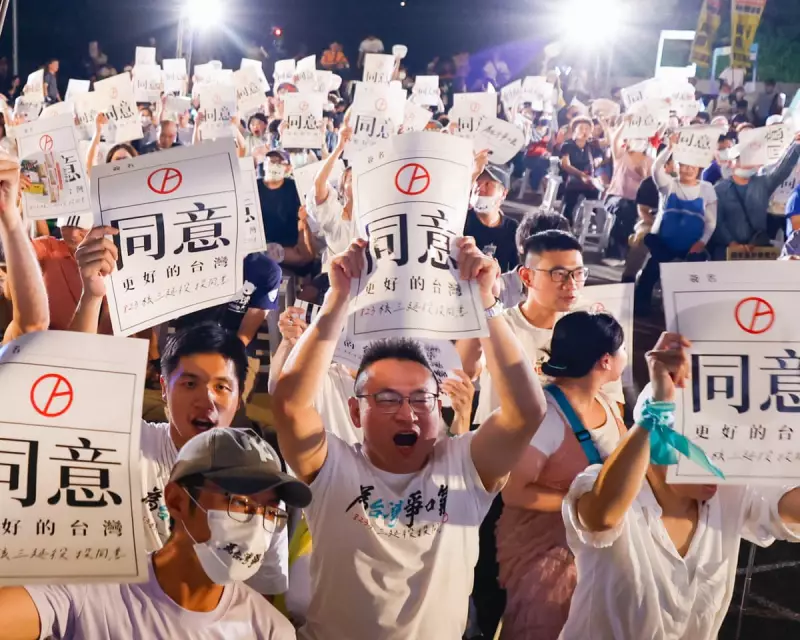
In a decisive outcome for Taiwan's future energy strategy, a high-stakes public referendum on restarting the island's last dormant nuclear facility has failed to pass. The proposal, which sought to reboot the controversial Lungmen Nuclear Power Plant, did not secure the requisite number of valid votes to be enacted, the island's electoral commission confirmed.
The result delivers a significant setback to advocates of nuclear power, who had argued that reopening the plant was essential for ensuring Taiwan's energy stability, reducing reliance on imported fossil fuels, and meeting its electricity demands. The 'no' vote effectively keeps the plant, also known as the Fourth Nuclear Power Plant, in its current mothballed state.
A Complex History and a Heated Debate
The Lungmen plant has been a focal point of political and environmental contention for decades. Initially proposed in the 1980s, its construction was plagued by delays, budget overruns, and fierce public opposition, particularly following the 2011 Fukushima disaster in Japan. The project was officially halted in 2014.
The recent referendum campaign reignited this fierce debate. Pro-business groups and some political parties framed the vote as a pragmatic solution to potential power shortages and rising electricity costs. Conversely, environmentalists and anti-nuclear activists celebrated the result as a victory for public safety and a catalyst for greater investment in renewable energy sources like offshore wind and solar power.
What the Result Means for Taiwan's Energy Future
The failure of the referendum solidifies the current administration's energy policy trajectory, which aims to phase out nuclear power entirely in favour of a gas-heavy energy mix complemented by renewables. However, this strategy has its own critics, who point to geopolitical risks associated with dependence on imported liquefied natural gas (LNG) and the challenges of intermittency with green energy.
This vote leaves Taiwan grappling with the same trilemma it faced before: how to balance energy security, affordability, and environmental sustainability in the face of growing domestic demand and international pressure to cut carbon emissions.




